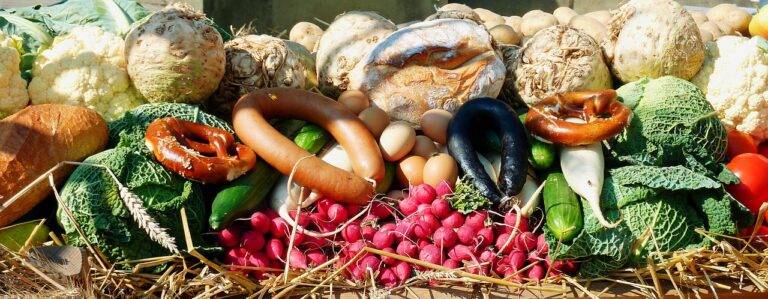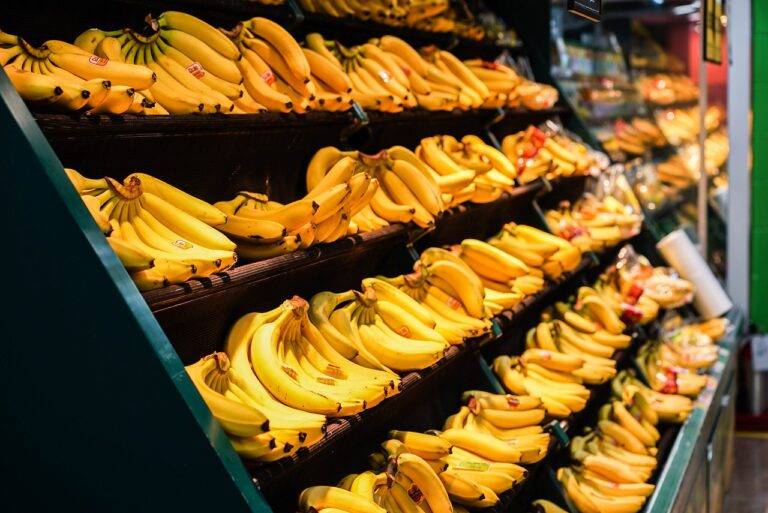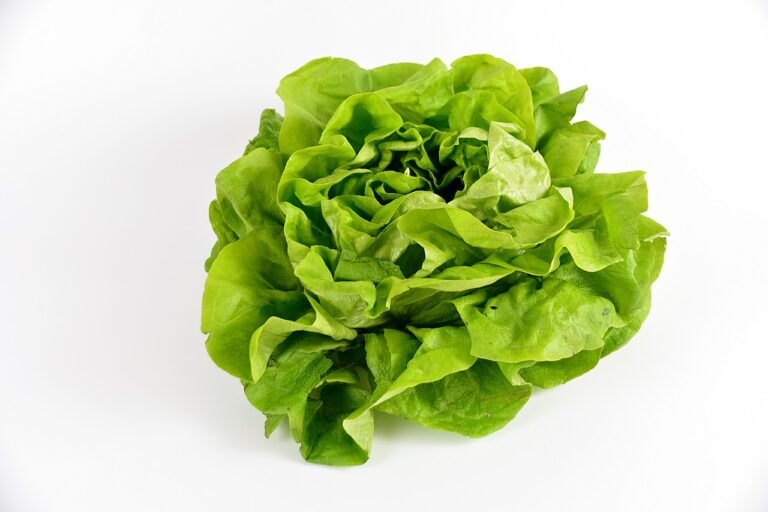The Influence of Meat Consumption on Resilient Food Systems: Sky247login, 11xplay, Playexch 99
sky247login, 11xplay, playexch 99: Meat consumption has a significant impact on our food systems, affecting everything from environmental sustainability to public health. As our global population continues to grow, it’s essential to consider how our dietary choices influence the resilience of our food systems.
The Influence of Meat Consumption on Resilient Food Systems
Meat production is a resource-intensive industry that requires a significant amount of land, water, and energy. Livestock farming is one of the leading contributors to deforestation, water pollution, and greenhouse gas emissions. As a result, the environmental impact of meat consumption is a key factor in determining the resilience of our food systems.
Furthermore, the health implications of consuming large amounts of red and processed meat are well-documented. High meat consumption has been linked to an increased risk of heart disease, stroke, cancer, and other chronic conditions. By reducing our meat intake and incorporating more plant-based foods into our diets, we can improve our overall health and reduce the burden on our healthcare systems.
In recent years, there has been a growing awareness of the need to transition to more sustainable and resilient food systems. This includes promoting plant-based diets, supporting local food producers, and implementing more efficient agricultural practices. By reducing our reliance on meat and shifting towards more plant-based options, we can create a more resilient and sustainable food system for future generations.
Heading 1: The Environmental Impact of Meat Production
One of the main reasons why meat consumption has such a significant impact on our food systems is the environmental cost of meat production. Livestock farming requires vast amounts of land, water, and feed, leading to deforestation, water scarcity, and biodiversity loss. Additionally, the production of livestock is a major contributor to greenhouse gas emissions, making it a key driver of climate change.
Heading 2: The Health Implications of High Meat Consumption
In addition to its environmental impact, meat consumption has significant health implications. High intake of red and processed meats has been linked to a range of chronic conditions, including heart disease, stroke, and cancer. By reducing our meat intake and incorporating more plant-based foods into our diets, we can improve our overall health and reduce the burden on our healthcare systems.
Heading 3: Promoting Plant-Based Diets for Resilient Food Systems
One way to create more resilient food systems is to promote plant-based diets. Plant-based foods require fewer resources to produce, have a lower environmental impact, and are generally healthier than animal-based foods. By encouraging people to incorporate more fruits, vegetables, grains, and legumes into their diets, we can reduce the demand for meat and create a more sustainable food system.
Heading 4: Supporting Local Food Producers
Another key aspect of building resilient food systems is supporting local food producers. By purchasing food from local farmers and producers, we can reduce the carbon footprint of our food supply chain, support small-scale agriculture, and promote food security in our communities. Additionally, buying local helps to build a more resilient food system by reducing our dependence on imported foods and strengthening local supply chains.
Heading 5: Implementing More Efficient Agricultural Practices
In addition to promoting plant-based diets and supporting local food producers, we must also implement more efficient agricultural practices to build resilient food systems. This includes reducing food waste, improving soil health, conserving water resources, and investing in sustainable farming methods. By adopting more sustainable practices, we can create a more resilient and productive food system that can meet the needs of a growing population without compromising the health of the planet.
Heading 6: The Future of Food Systems
As we look towards the future, it’s clear that the way we produce and consume food needs to change. By reducing our meat consumption, promoting plant-based diets, supporting local food producers, and implementing more efficient agricultural practices, we can create a more resilient and sustainable food system for future generations. It’s time to rethink our food choices and work together to build a healthier, more resilient food system for all.
FAQs
Q: Is it possible to have a healthy diet without meat?
A: Yes, it is entirely possible to have a healthy, balanced diet without meat. Plant-based foods such as fruits, vegetables, grains, legumes, nuts, and seeds can provide all the nutrients our bodies need to thrive.
Q: How can I reduce my meat consumption?
A: You can reduce your meat consumption by gradually incorporating more plant-based foods into your diet, trying new recipes, and exploring meat alternatives such as tofu, tempeh, seitan, and plant-based burgers.
Q: What are the benefits of reducing meat consumption?
A: Reducing meat consumption can have a range of benefits, including improved health, reduced environmental impact, and support for more sustainable and resilient food systems.
Q: What role can policymakers play in promoting sustainable food systems?
A: Policymakers can play a key role in promoting sustainable food systems by implementing policies that support plant-based diets, encourage sustainable agriculture, and promote local food production.
Q: How can individuals advocate for more resilient food systems?
A: Individuals can advocate for more resilient food systems by supporting local farmers, buying seasonal and locally-produced foods, reducing food waste, and promoting awareness of the environmental and health implications of meat consumption.
In conclusion, the influence of meat consumption on resilient food systems is undeniable. By reducing our meat intake, promoting plant-based diets, supporting local food producers, and implementing more efficient agricultural practices, we can create a more sustainable and resilient food system for future generations. It’s time to rethink our food choices and work together to build a healthier, more resilient food system for all.







